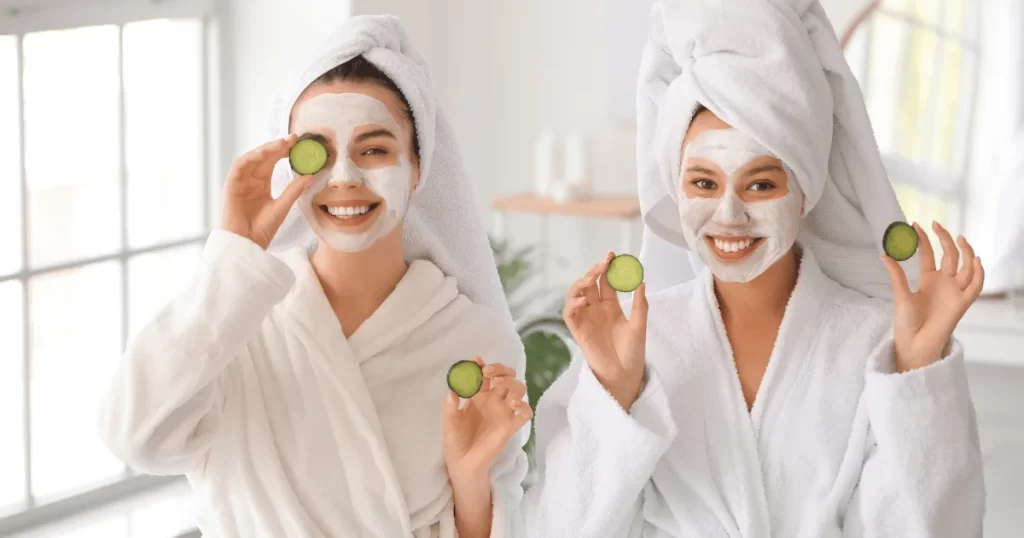Face masks can be a wonderful addition to your skincare routine, as they offer a range of benefits that can significantly improve the health and appearance of your skin. That said, it’s always a good idea to brush up on the basics and explore new ways to elevate your beauty routine.
In this comprehensive guide, I’ll take you on a journey through the world of face masks, exploring the different types available and providing tips on how to seamlessly integrate them into your skincare regimen for a radiant, healthy glow.
Understanding Face Masks: Start With The Basics
Face masks are a staple in the world of skincare. These products come in various formulations, each tailored to address specific skin concerns. Face masks are a fundamental aspect of skincare, and it’s wonderful that you’re keen on exploring the basics of these skincare essentials.
Sheet Masks: The Instant Refreshers
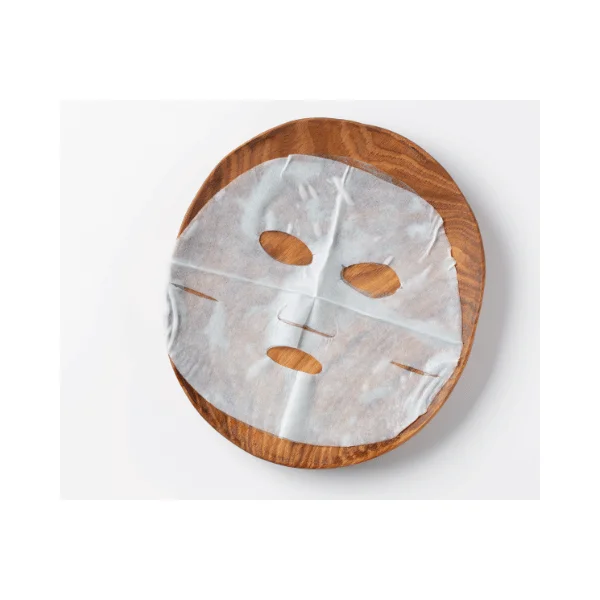
Sheet masks have become increasingly popular as they offer a simple and effective way to nourish and hydrate your skin. Made from materials such as cotton or hydrogel, these masks come pre-soaked in serums or essences that are designed to address a wide range of skin concerns. One of the best things about sheet masks is how easy they are to use; simply apply them to your face and enjoy a relaxing, spa-like experience from the comfort of your home.
Clay Masks: Detoxify and Clarify
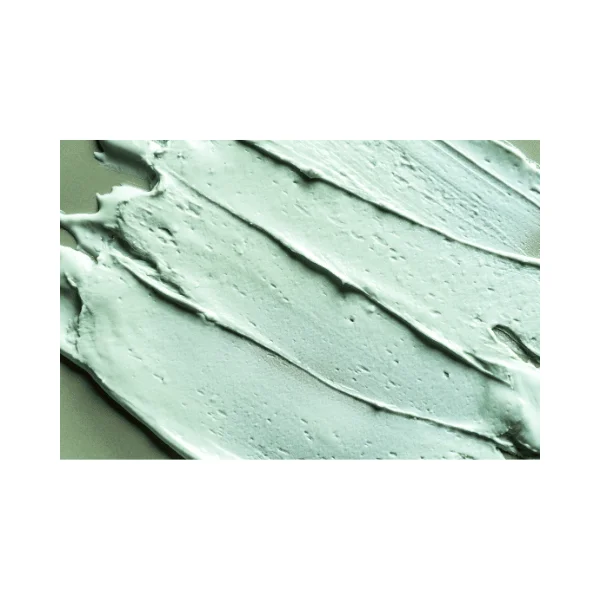
If you have oily or acne-prone skin, clay masks are a great option for you. They are made from different types of clay, such as kaolin or bentonite, which can naturally detoxify your skin.
These masks are designed to help extract impurities, absorb excess oil, and improve the texture of your skin. It’s important to choose the right clay mask for their skin type. For example, green clay is excellent for absorbing excess oil, while white clay is gentler and more suitable for sensitive skin.
Hydrating Masks: Banish Dryness and Dullness
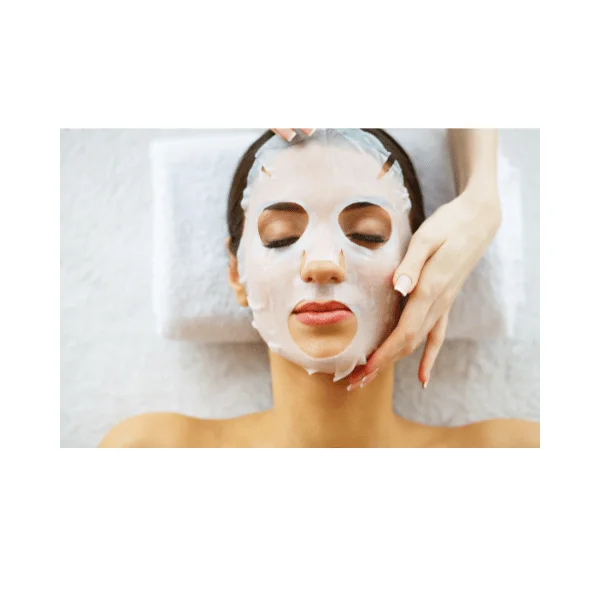
Hydrating masks can be a real game-changer for those who are struggling with dry, lacklustre skin. They work like magic, providing an instant boost of moisture and revitalization.
Usually, these masks contain ingredients like hyaluronic acid, glycerin, and aloe vera are known for their hydrating properties. So, if you want to quench your skin’s thirst, a hydrating mask might just be what you need!
Exfoliating Masks: Renew and Revitalize
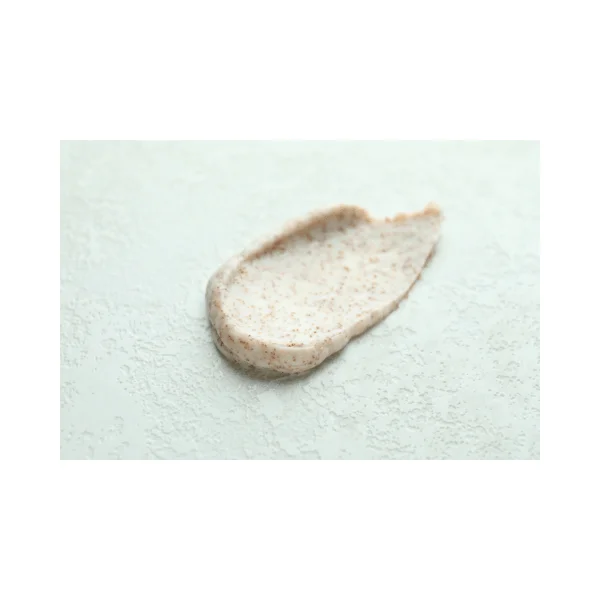
Exfoliating masks can work wonders for rejuvenating your complexion. They are typically formulated with alpha or beta hydroxy acids, enzymes, or other exfoliating agents that help to remove dead skin cells, unclog pores, and improve skin tone and texture.
These masks are particularly beneficial for addressing issues like uneven skin tone and signs of aging. When it comes to exfoliating masks, there are two primary types: physical and chemical exfoliation.
Peel-off Masks: The Satisfying Ritual
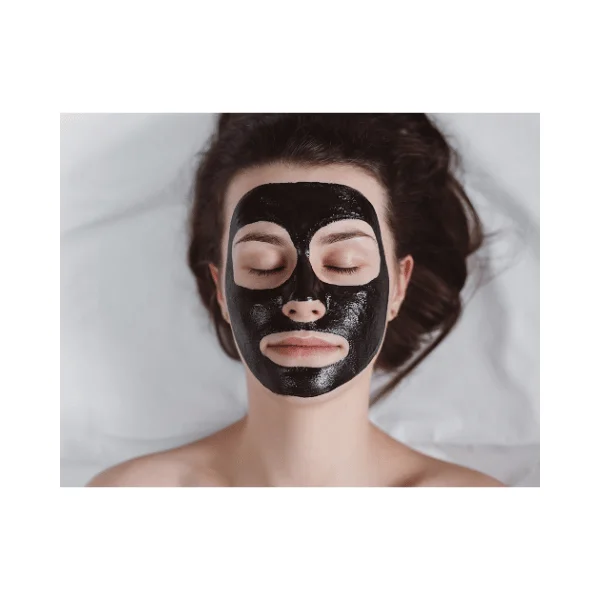
Peel-off masks are a popular choice for many people who want to give their skin a refreshing and rejuvenating experience. As the mask dries, it forms a thin, rubbery layer on the skin that can be peeled off, taking away impurities, debris, and dead skin cells with it. The immediate satisfaction of seeing the results leaves the skin looking and feeling renewed.
Gel Masks: Calm and Soothe
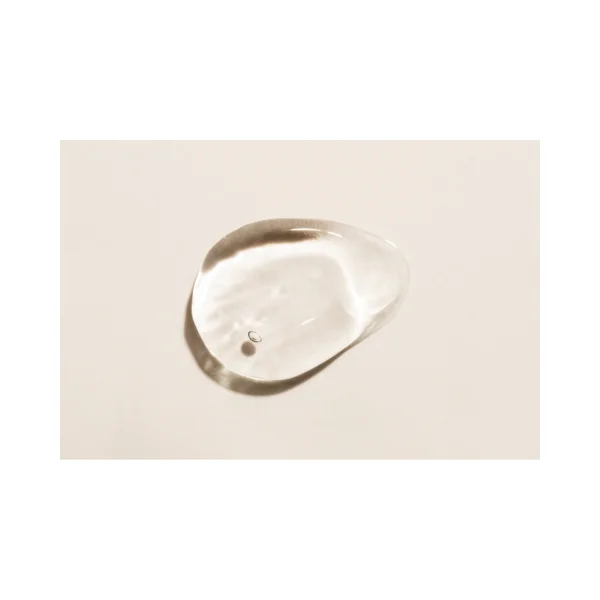
Gel masks can be a great option for those with sensitive or irritated skin, as they offer a cooling and soothing effect that can help reduce redness and inflammation. These masks are often formulated with ingredients such as aloe vera and chamomile, which are known for their calming properties.
Cream Masks: Nourish and Rejuvenate
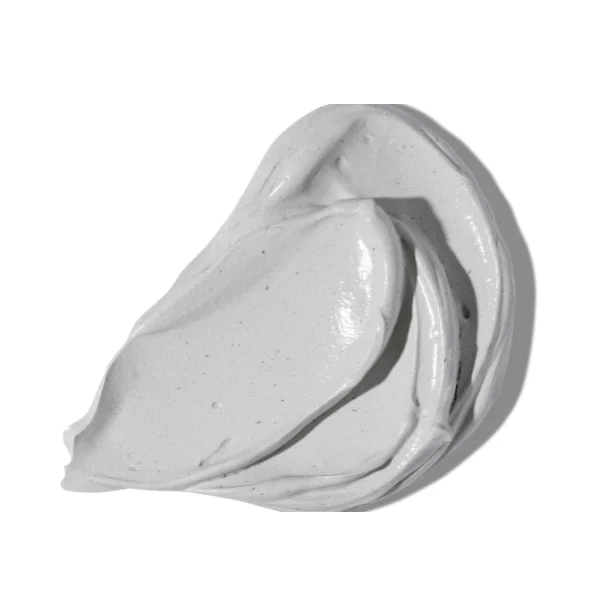
Cream masks are a great way to pamper dry or mature skin. They provide deep nourishment and hydration, leaving the skin feeling refreshed and rejuvenated. With ingredients like shea butter, avocado oil, and ceramides, cream masks work wonders in restoring the skin’s natural moisture barrier, keeping it soft and supple.
Sleeping Masks: Wake Up to Radiance

Sleeping masks can be a great addition to your nighttime skincare routine. By applying them before bed, you can enjoy all the benefits while you sleep. These masks are designed to work their magic overnight, leaving you with revitalized and plump skin in the morning.
They usually contain ingredients that are focused on intense hydration and skin repair, making them a must-have for anyone looking to achieve healthier skin.
Choosing the Right Face Mask
When it comes to choosing the right face mask, it’s important to consider your skin type and specific needs. For those with oily or acne-prone skin, clay masks containing kaolin or bentonite can be effective in absorbing excess oil and unclogging pores.
On the other hand, if you have dry skin, look for hydrating masks that contain ingredients like hyaluronic acid, glycerin, or ceramides to provide the necessary moisture.
For dull skin, exfoliating masks with alpha or beta hydroxy acids (AHAs or BHAs) can help you achieve a radiant complexion by removing dead skin cells.
If you have sensitive skin, opt for gentle gel masks with ingredients like aloe vera or chamomile to soothe and reduce redness. For mature skin, cream masks packed with antioxidants, peptides, and collagen-boosting ingredients can be effective in combating signs of aging.
And if you’re looking for a quick boost, sheet masks are a convenient option that comes in various formulations tailored to your specific needs.
Incorporating Face Masks into Your Skincare Routine
If you want to incorporate face masks into your skincare routine, there are several steps you should follow to get the most out of these products. Here’s a guide to help you out:
Always start with a clean face. Use a gentle cleanser to remove any dirt, makeup, or impurities.
If you’re using an exfoliating mask, exfoliate your skin first to enhance the mask’s effectiveness.
Choose a mask that addresses your specific skin concerns. This may vary depending on the day, weather, stress levels, or overall skin condition.
Apply the mask evenly to your face, avoiding the eye and lip areas. Make sure to follow the instructions provided on the product’s packaging. While the mask is on, take some time to relax and de-stress. You can read a book, listen to music, or simply lay back and enjoy.
Pay attention to the recommended time for leaving the mask on. Overextending this time can lead to dryness or irritation, so it’s essential to follow the instructions. Once your mask time is up, rinse your face with lukewarm water if it’s a wash-off mask. For sheet masks or peel-off masks, gently remove them according to the product’s instructions.
After using a face mask, follow up with your regular skincare routine, including toner, serum, and moisturizer.
The frequency of using face masks depends on your skin type and the specific mask. Hydrating masks can be used more often (2-3 times a week) while exfoliating masks should be used less frequently (1-2 times a week).
Additional Tips and Tricks
Multi-Masking: If you have combination skin with different concerns in various areas of your face, consider multi-masking. This involves applying different masks to specific zones to target individual issues.
Seasonal Adjustments: Your skin care needs may change with the seasons. For example, using more hydrating masks during the dry winter months and oil-absorbing masks in the summer.
Patch Testing: Before trying a new mask, especially if you have sensitive skin, it’s a good practice to do a patch test on a small area to ensure you don’t have an adverse reaction.
Stay Hydrated: Remember that hydration is key to healthy skin. Drinking enough water and using hydrating masks can make a big difference in your skin’s overall appearance.
If you’re looking for a way to pamper your skin and address specific concerns, face masks are a great addition to your self-care routine. They offer a little spa-like experience that you can enjoy in the comfort of your own home.
I highly recommend exploring the world of face masks to find the ones that work best for your skin. In the following week, I will be diving into the different types of face masks mentioned above and their benefits. So, stay tuned!

